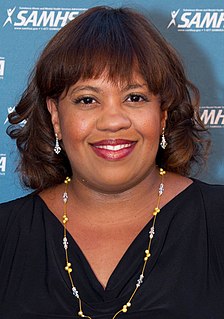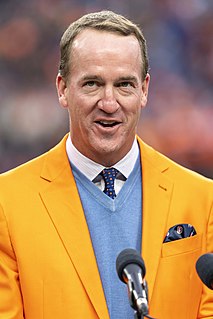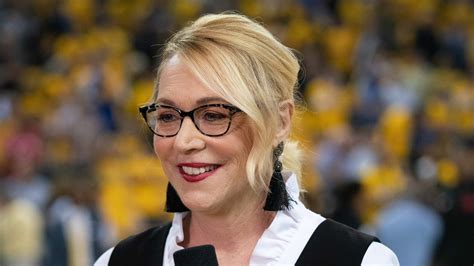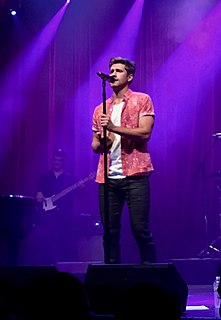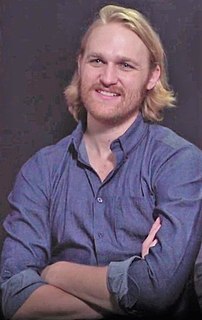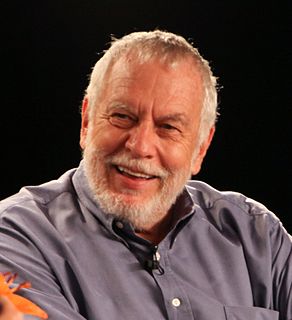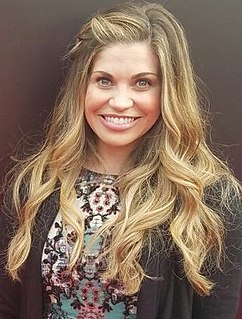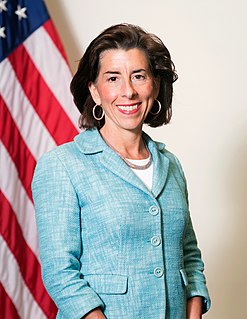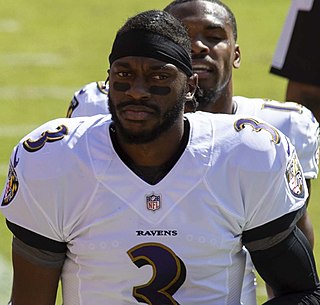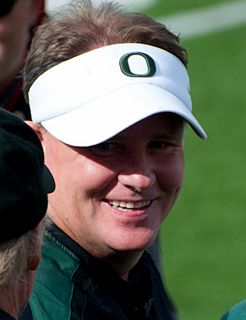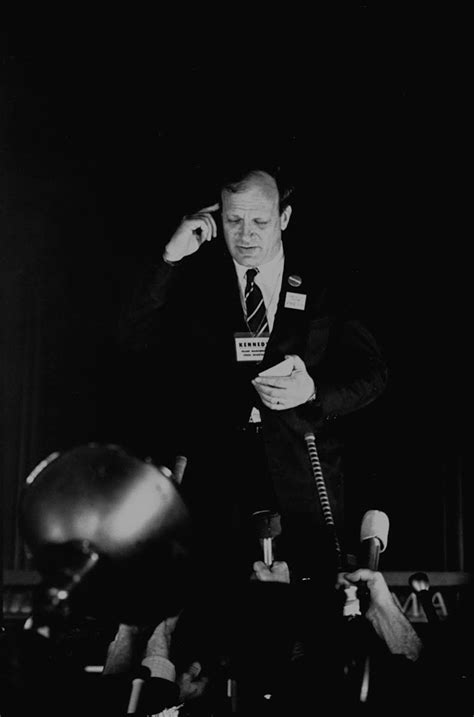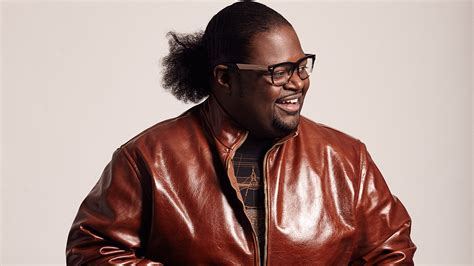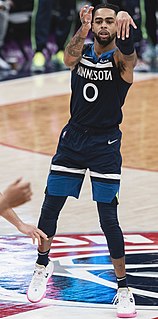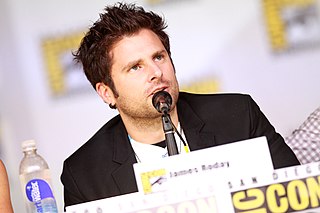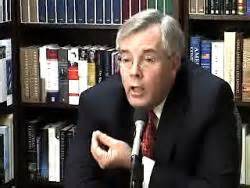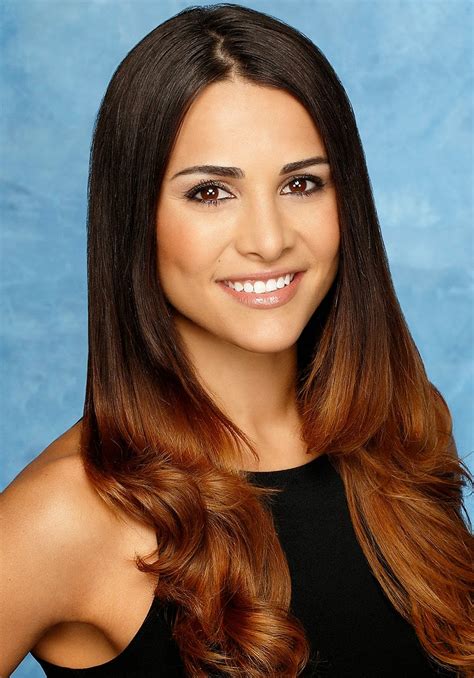Top 1200 Liberal Arts College Quotes & Sayings - Page 17
Explore popular Liberal Arts College quotes.
Last updated on September 30, 2024.
The arts and sciences, in general, during the three or four last centuries, have had a regular course of progressive improvement. The inventions in mechanic arts, the discoveries in natural philosophy, navigation and commerce, and the advancement of civilization and humanity, have occasioned changes in the condition of the world and the human character which would have astonished the most refined nations of antiquity. A continuation of similar exertions is everyday rendering Europe more and more like one community, or single family.
In college, I faced an interesting problem. I wanted to play music all the time and yet I wasn't ready for anyone to hear it. To remedy this, I took to retreating to stairwells as a safe place to sing and write music. It was there that I wrote most of my songs in college and really grew into an artist.
I was never on a mission to be an NFL quarterback. I wanted to be a good high school player, and I worked hard at that. That made me good enough to play in college and then I wanted to be a good college quarterback. During college I played well enough to make it into the NFL. I never took it for granted and really wanted to play hard at each level and I have always had a lot of fun doing what I wanted to do.
Justin [Di Cioccio] was [at Laguardia School of Arts]. He later took over at Manhattan. But I knew Justin through the McDonald's band, which at the time I was finishing high school and starting college, I got involved with. I was not that heavily involved with the school at MSM my first year there. I took a semester off to start my 2nd year. Took classes I felt like taking during my third semester, but by the start of my third year, September of '86, they began the undergraduate jazz program and I joined that program.
I was given an opportunity to do sports in college and get a degree because of it. I ran track for the University of Texas and was studying to be a petroleum landman. And I was gifted an opportunity to audition for a film during my last semester in college, which I discovered while jogging around campus.
You have to be a cop-out or a wash-out or a dropout to come to our college. You have to work with your hands. You have to have a dignity of labor. You have to show that you have a skill that you can offer to the community and provide a service to the community. So we started the Barefoot College, and we redefined professionalism.
Forgiveness is like the martial arts of consciousness.
In Aikido and, other martial arts, we sidestep our attackers force rather than resisting it.
The energy of the attack then boomerangs back in the direction of the attacker.
Our power lies in remaining nonreactive. Forgiveness works in the same way.
When we attack back, and defense is a form of attack, we initiate a war that no one can win.
There are many good reasons for young people to go off to college, open their minds, develop their skills and enjoy themselves. But probably the major attraction is the fact that income disparities have increased sharply between those who go to college versus those who do not. This pattern corresponds with the stagnation of average wages since the early 1970s. The reality under neoliberalism has been that, if you want to have a decent shot at a good-paying job with a chance for promotions and raises over time, the most important first step is to get a college education.
Please don't make the mistake of thinking that the arts and sciences are at odds with one another. That is a recent, stupid and damaging idea. You don't have to be unscientific to make beautiful art or to write beautiful things... science is not a body of knowledge or a belief system, it is just a term that describes humankind's incremental acquisition of understanding through observation. Science is awesome. The arts and sciences need to work together to improve how knowledge is communicated.
I used to do a lot of serious theatre during my school and college days. Comedy was only reserved for youth festival and inter-college competitions. Then once 'The Great Indian Laughter Challenge' was launched, a regional channel in Punjab started a program based on that. I participated in it and emerged as the winner.
A politician will always tip off his true belief by stating the opposite at the beginning of the sentence. For maximum comprehension, do not start listening until the first clause is concluded. Begin instead at the word 'BUT' which begins the second, or active, clause. This is the way to tell a liberal from a conservative - before they tell you. Thus: 'I have always believed in a strong national defense, second to none, but...(a liberal, about to propose a $20 billion defense cut).
If one advances confidently in the direction of his dreams, and endeavors to live the life which he has imagined, he will meet with a success unexpected in common hours. He will put some things behind, will pass an invisible boundary; new, universal, and more liberal laws will begin to establish themselves around and within him; or the old laws be expanded, and interpreted in his favor in a more liberal sense, and he will live with the license of a higher order of beings.
Art is a funny thing. It's a communicative medium. It really is, and it works outside of literature, the movies, stage, it has its own realm. It's like when you say "The Arts," those are all the arts, dance, theater, ballet. So within that set of areas of expression, we have visual art and it is visual and it's about looking at something and seeing it in the light with our eyes, maybe touching it or not touching it, or wanting to touch it, not being able to touch it.



